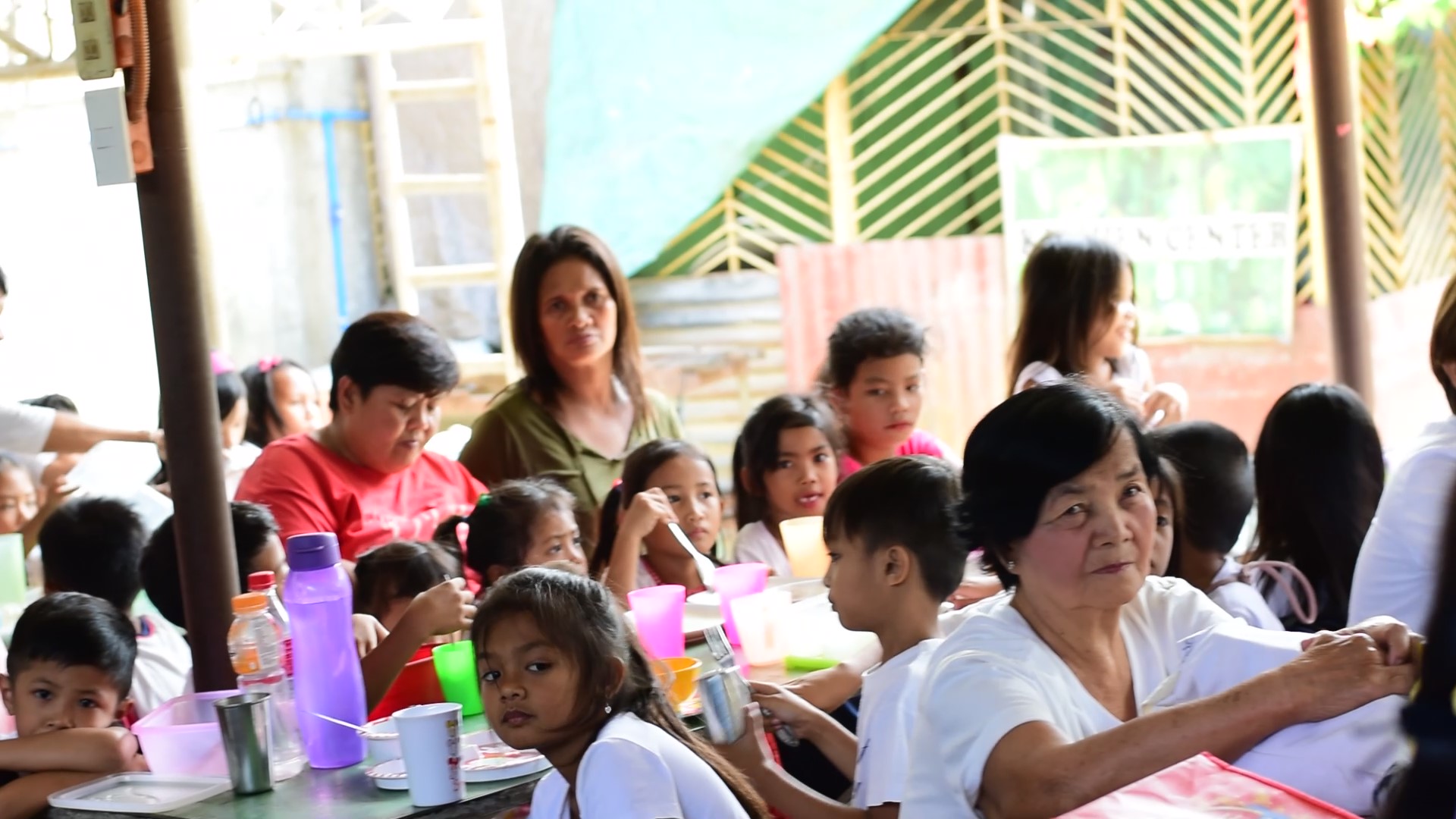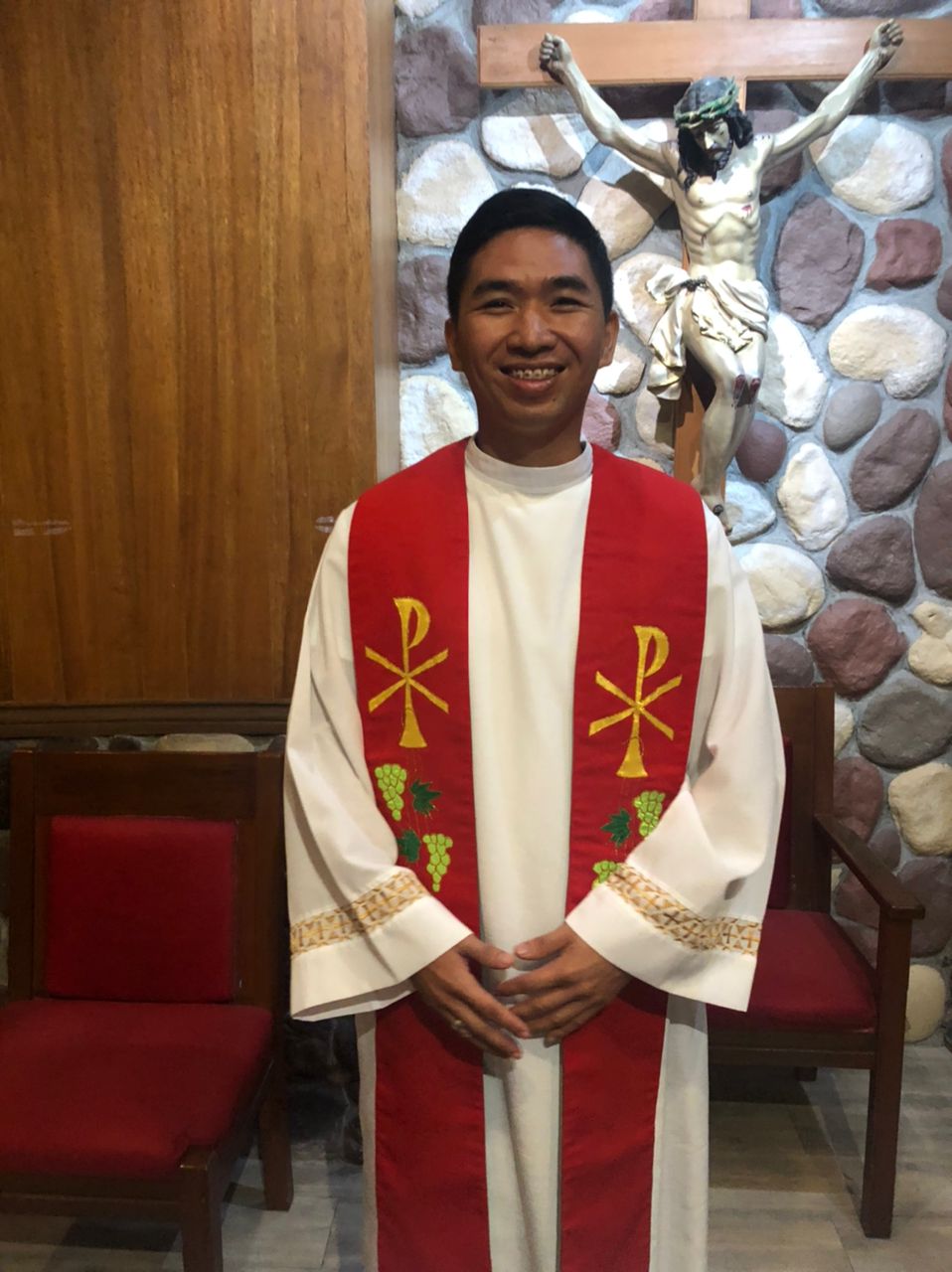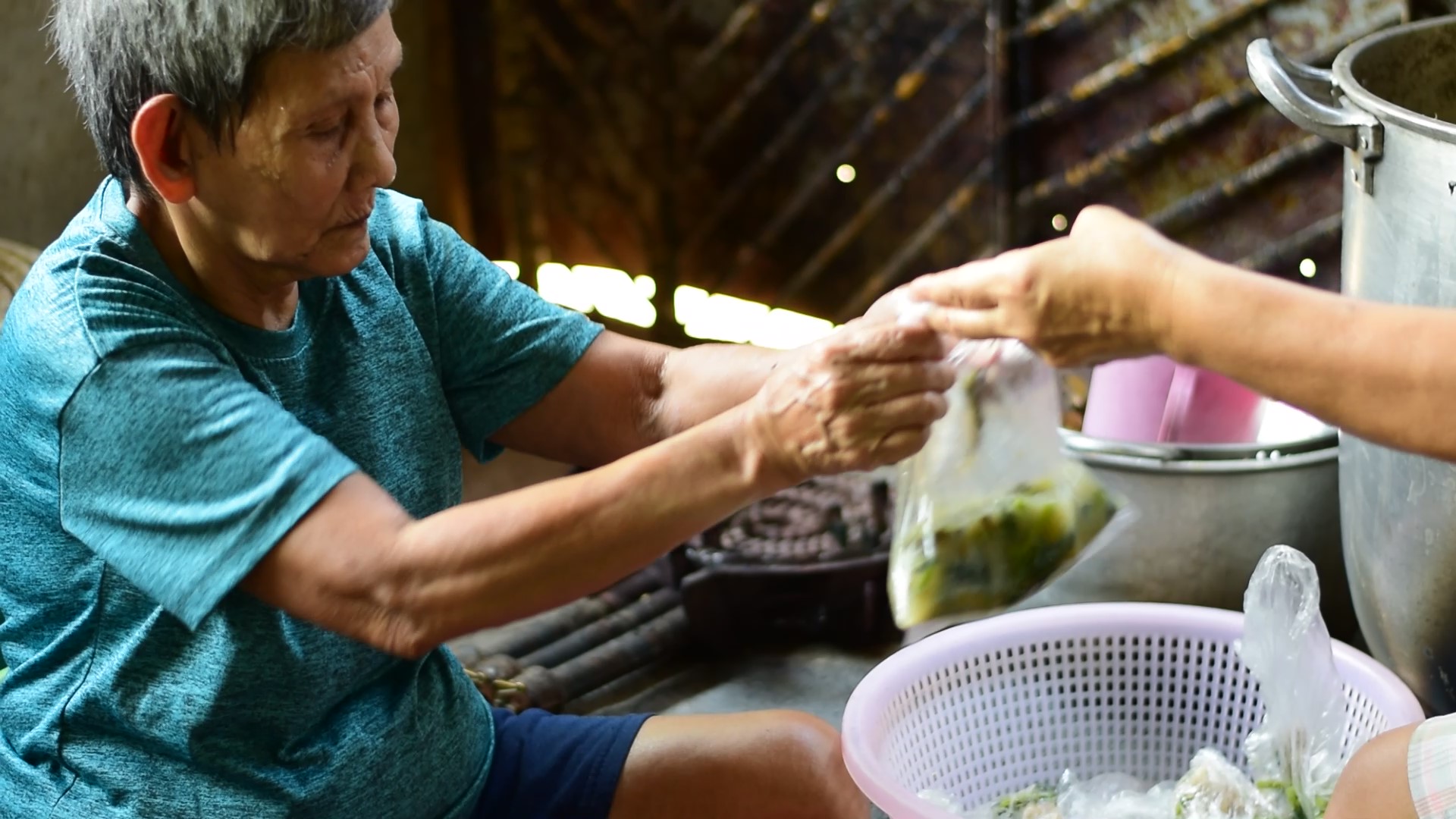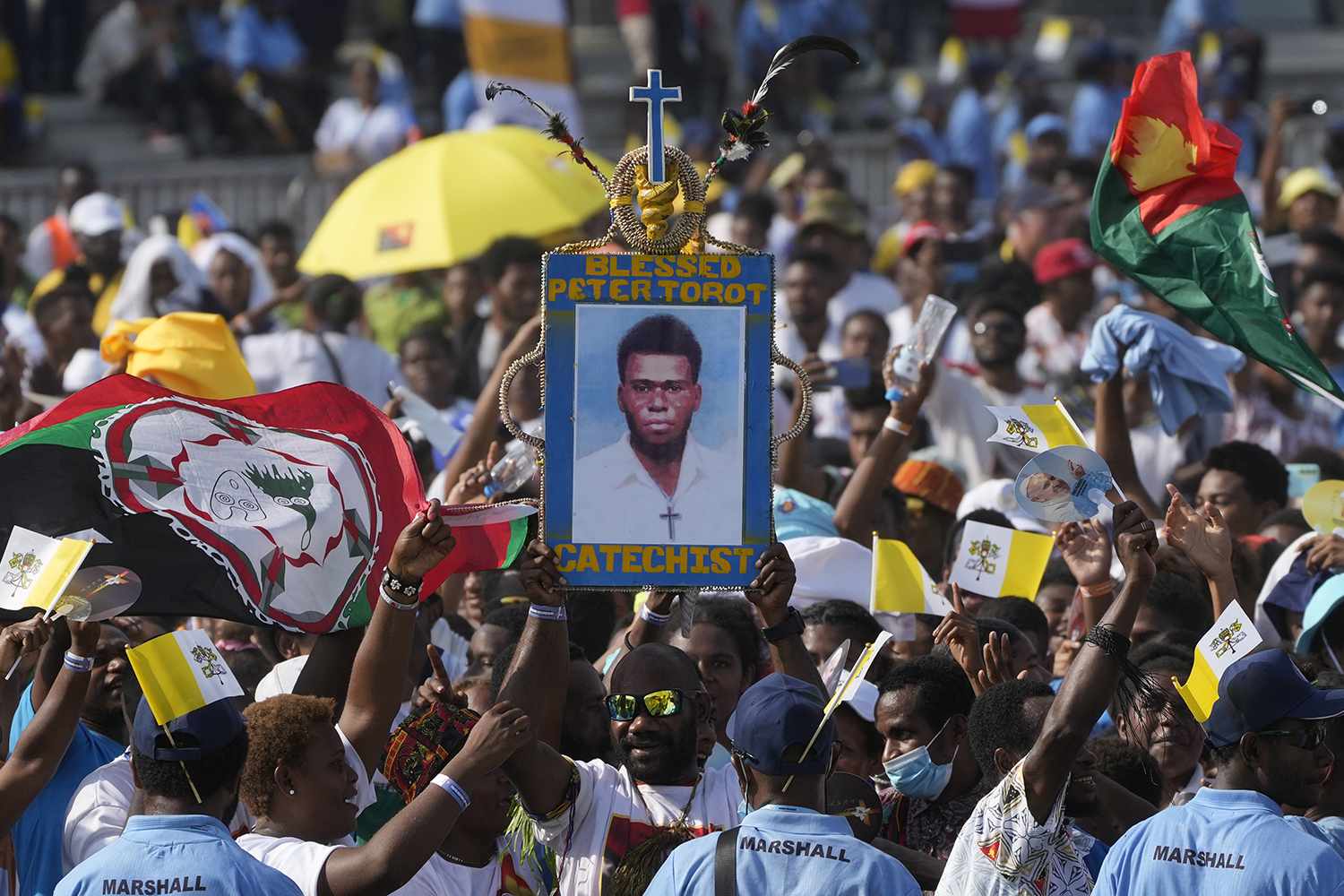Fr Eduardo Emilio Aguero, SCJ
Poverty, sickness, fear and no employment. This is the hidden face of the urban poor in the Metro Manila area. Homelessness has become a common scene on the streets and destitution has become a usual sight in the cities after the COVID precautions have been relaxed.
Everyday more and more people suffer from the scourge of society’s atrocities and negligence and every day, more and more are added to the rising numbers of those who have nothing. It is in this scenario that religious missionaries in the Philippines have undertaken the task to bring the comfort of the heart of Christ to the people. Fr. Julius Socorro, SCJ, is a young Filipino priest, born in Mindanao and assigned to the parish of Bagong Silang in Caloocan City, Philippines. The parish has commenced a social program to take care of the elderly, the bedridden, and poor children providing them with food six days a week: breakfast and lunch. Currently, 310 persons are being cared for through this initiative.
O Clarim: Fr. Julius, what was the motivation for the parish to implement this program?
Fr. Julius: In Bagong Silang, there are many people who are very poor. There are children and the elderly who are in danger of malnourishment and famine. Our community saw this need and we received help from a private firm that support us with funds.
O Clarim: When did this initiative start?
Fr. Julius: This project was begun 11 years ago by Fr. Jerry Sheehy, SCJ, who managed to get some benefactors from abroad. We started out by helping a few people. Then we saw that there were many old people and children in dire need of food.

O Clarim: How do you manage to feed so many people?
Fr. Julius: We manage the ministry with help from volunteers and organizers. They buy the food, cook, and distribute it to the elderly and the bedridden. There are five cooks and eight persons who help in the feeding of the children and the elderly who come to the parish. We have 10 organizers and 14 package leaders who distribute food to those who are unable to come to our parish, such as the bedridden and some aged persons. I think our team members are amazing! They do this service gratuitously, six days a week.
O Clarim: Do these laypeople have any formation to do this work?
Fr. Julius: Every Saturday we have a gathering of all the volunteers, and we celebrate mass with them. Before the pandemic, we celebrated mass every day, except on Sunday. This is a way of keeping the Gospel alive in all servants to be motivated by the Heart of Jesus.
O Clarim: Why does your community do this kind of ministry?
Fr. Julius: We, the Priests of the Sacred Heart, are the bridge between those who have more and those who have little or nothing. Our task is to organize the volunteers and keep the project going.
Yes, our parish would be unable to sustain this ministry without aid from our benefactors. We can give just a little, and to maintain this service for so many years entails a lot of money. We, Dehonians (Fr. Leo Dehon, SCJ, is our founder), are motivated by the Mercy of the Heart of Christ who loves the poor and the abandoned.

O Clarim: What is the spiritual motivation you have as a young SCJ priest to do this service to the poor and how does the contact with their sufferings affect you?
Fr. Julius: By the generosity of the Lord, through the caring hand of the Church, I am nourished spiritually and materially. I desire this experience to be embodied by my humble service. To be one of those instruments in answering our neighbors’ spiritual and material needs is the participation of what the Dehonians long established and how the Church generally works. I may not be the direct answer to their suffering, but being one of the channels of it is already a blessing. Maintaining the channel of hope significantly maintains the lifeline of Christ’s work.
Being with these people for many years, my vow of poverty gets even more vivid. It makes me more detached from possessions and more generous with my littleness. I find them a blessing because the more I merge with them, the more I transform myself as a blessing. Sometimes I say they are the therapy for lukewarm hearts.


 Follow
Follow


